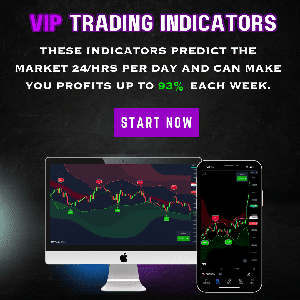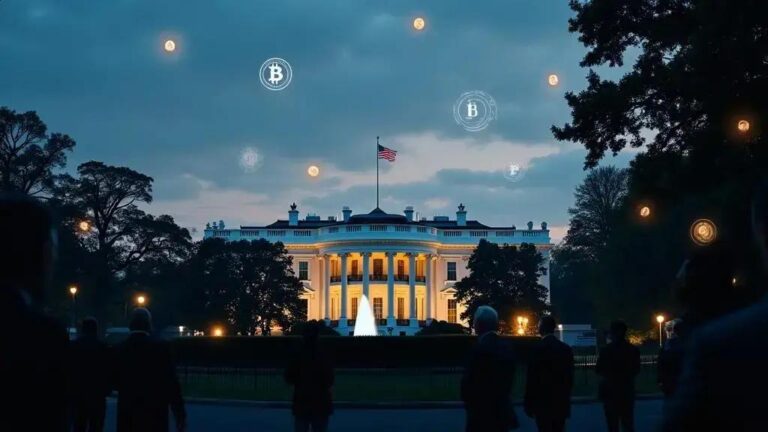cold email can feel like a long shot — but for 19-year-old Daniel Sung it became a career door-opener. Curious how grit, viral LinkedIn posts and strategic follow-ups turned routine tasks into access to the LA Clippers’ C‑suite? Keep reading to learn the moves that made the difference.
From mopping floors to the C-suite: Daniel Sung’s journey
Daniel Sung’s journey is a true example of ambition meeting opportunity. At just 19, he had big dreams of working in professional sports. His start was humble, like many interns. He took on every task, even those that seemed small or routine. But Daniel saw every moment as a chance to learn and grow.
From Entry-Level to Executive Access
Daniel wasn’t content with just doing the minimum. He watched, listened, and absorbed everything around him. He wanted to understand how a major organization like the LA Clippers operated. His hard work and dedication quickly caught attention. He wasn’t afraid to put in extra effort.
His persistence eventually paid off. Through a strategic cold email and smart networking, Daniel opened doors. He didn’t just perform his duties; he excelled. He used platforms like LinkedIn to share his experiences and connect with others. These actions helped him gain visibility. Soon, Daniel found himself interacting with top executives. He moved from basic intern tasks to having access to the C-suite. His story shows that determination can lead to incredible career growth.
The power of a cold email: strategies and timing that work
A well-crafted cold email can truly open doors. Daniel Sung’s story shows just how powerful this tool can be. It’s not just about sending an email; it’s about sending the *right* email at the *right* time. Think of it as a direct message to someone you want to connect with professionally.
Crafting an Effective Cold Email
First, research is key. Learn about the person you’re emailing and their company. This helps you personalize your message. Your email should be short, clear, and to the point. State why you’re reaching out and what value you can offer. Avoid sounding generic. Daniel likely highlighted his passion and willingness to learn, making his message stand out.
The Best Time to Send
Timing can make a big difference. Many experts suggest sending emails early in the morning or later in the afternoon. People might be more likely to read them before their day gets too busy or as they’re winding down. Weekdays, especially Tuesday to Thursday, often see higher open rates than Mondays or Fridays. Remember, a quick follow-up can also boost your chances if you don’t hear back right away. Persistence, combined with smart timing, is a winning strategy for any cold email.
Personal branding and persistence: LinkedIn, follow-ups, and visibility
Building your personal brand is super important today. It’s how people see you professionally. Think of it as your unique story and what you offer. Daniel Sung understood this well. He didn’t just do his job; he made sure his efforts were seen and remembered. This helps you stand out in a crowded job market.
Leveraging LinkedIn for Visibility
LinkedIn is a powerful tool for personal branding. It’s more than just a resume site. You can share your achievements, post about your interests, and connect with industry leaders. Daniel used LinkedIn to share his journey and insights. This helped him gain incredible visibility. People started noticing his dedication and passion. A strong profile and active engagement can open many doors.
The Importance of Persistent Follow-Ups
Persistence is key, especially with follow-ups. After making a connection or sending a cold email, don’t just wait. A polite follow-up shows you’re serious and committed. It reminds people of your interest without being annoying. Daniel’s success wasn’t just from one email. It came from consistent effort and smart follow-ups. These actions keep you top-of-mind and show your true drive.
Career lessons from Zucker: ‘What would you do for free?’
A powerful question often asked by leaders, like the one from Zucker, is: ‘What would you do for free?’ This isn’t about working without pay forever. Instead, it helps you find your true passion. It makes you think about what tasks you enjoy so much that you’d do them just for the love of it. Daniel Sung likely had this kind of drive.
Finding Your True Calling
When you discover what you’d do for free, you’ve found your calling. This passion fuels your dedication and hard work. It means you’re not just chasing a paycheck. You’re building a career around something you genuinely care about. This mindset makes you stand out to employers.
The Value of Passion and Experience
Being willing to put in effort, even without immediate reward, shows immense commitment. It helps you gain valuable experience and build a strong network. People notice when you’re truly invested. This approach can lead to unexpected opportunities and faster career growth. It’s about showing initiative and proving your worth, much like Daniel did in his early days with the LA Clippers.
Fonte: Fortune.com








